The concept that bird watchers can accurately identify birds by their general aspect and behavior rather than by any specific field marks has not only long been accepted, but is actually gaining greater popularity every year. One might debate just how useful or specific this methodology may be, but all agree on its overall utility. A controversy does exist, however, regarding exactly what to call it: are we talking about giss or jizz?
We recently ran a promotion for The Crossley ID Guide: Eastern Birds asking respondents to predict the future of field guides. Considering that author Richard Crossley is a vocal proponent of employing pattern recognition in birding, it came as no surprise that many birders see this approach as essential to emphasize in the next generation of birding guides. The seven submissions that referenced this approach by name unanimously called it giss. This spelling seems to make a lot of sense. After all, doesn’t the term derive from an old acronym for General Impression of Size and Shape? Perhaps not…
In my post declaring “The Future of Birding Field Guides is GISS,” the estimable and erudite Duncan Wright asserted that, according to Wikipedia, the term GISS originated in World War II in reference to planes, whereas the the term jizz in relation to birds goes back to the 1920’s. Lo and behold, Wikipedia does say that, but precious little else. Still, this information seems to muddy the waters considerably. Perhaps the origins of the true term are shrouded in mystery, leaving the words equally interchangeable. Then again, perhaps not…
The equally erudite and estimable Harry Rutherford, flush with the full power of the internets at his fingertips, actually tracked down the prototypal publication of the term as a means of visual identification in Bird haunts and nature memories by T.A. Coward (1922). Harry even links to an image of the original page on openlibrary.org, which I’ll transcribe for your edification:
A West Coast Irishman was familiar with the wild creatures which dwelt on or visited his rocks and shores; at a glance he could name them, usually correctly, but if asked how he knew them would reply, “By their ‘jizz.’”
What is jizz? The spelling is uncertain; probably its author could not have informed us, whoever its inventor was; it is certainly not in most dictionaries. Possibly, the word has never before been written, so that we are justified in spelling it phonetically. We have not coined it, but how wide its use in Ireland we cannot say; it may have origin in this one fertile Celtic brain, or it may have been handed down from father to son for many generations. One thing is certain; it is short and expressive. If we are walking on the road and see, far ahead, someone whom we recognise although we can neither distinguish features nor particular clothes, we may be certain that we are not mistaken; there is something in the carriage, the walk, the general appearance which is familiar; it is, in fact, that individual’s jizz.
Clearly, the definitive spelling of this word is JIZZ; misspell it at your peril! But did this expressive, evocative word spring fully formed from one nascent birder’s brain? Harry adds what may be the final truth about jizz:
On the subject of the etymology, T.A. Coward says, “Since the publication of the first edition, a friend pointed out that in Webster’s Dictionary both ‘gis‘ and ‘jis‘ are given as obsolete varients of ‘guise‘, and this seems to be the origin of the expressive word.”
Or perhaps not…



 New writers welcome – please contact us for details.
New writers welcome – please contact us for details.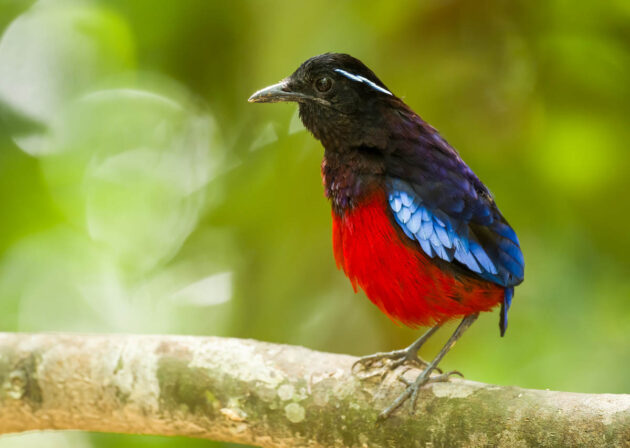
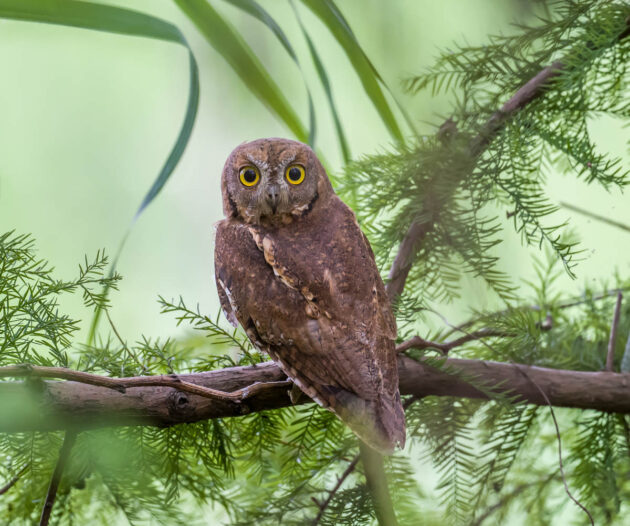
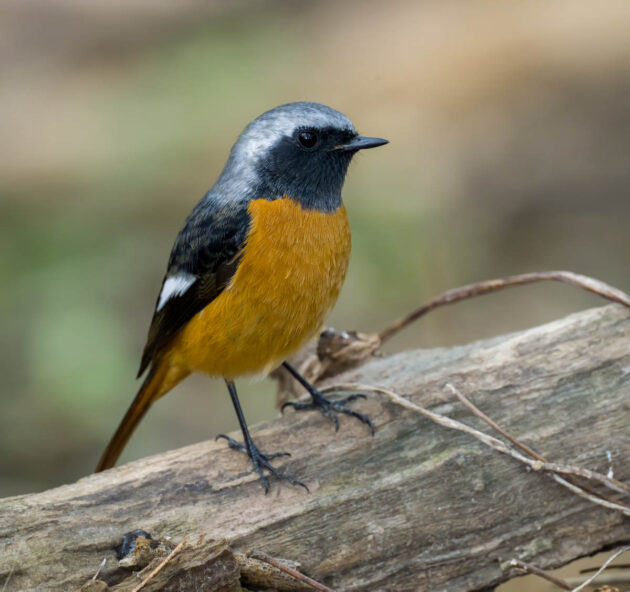
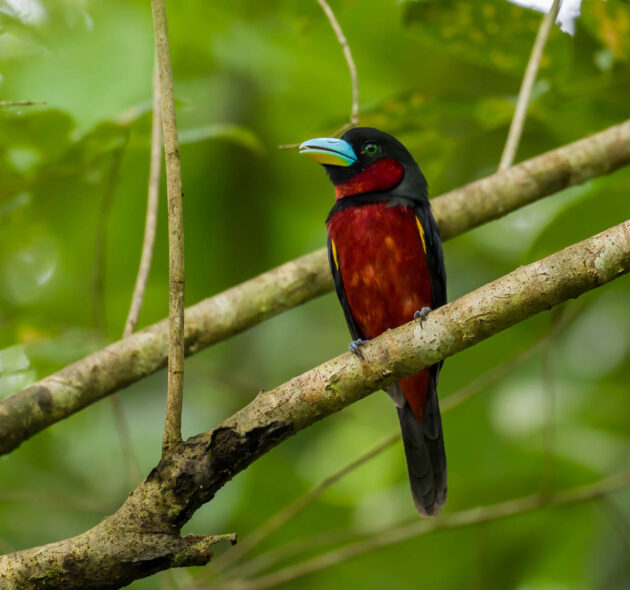
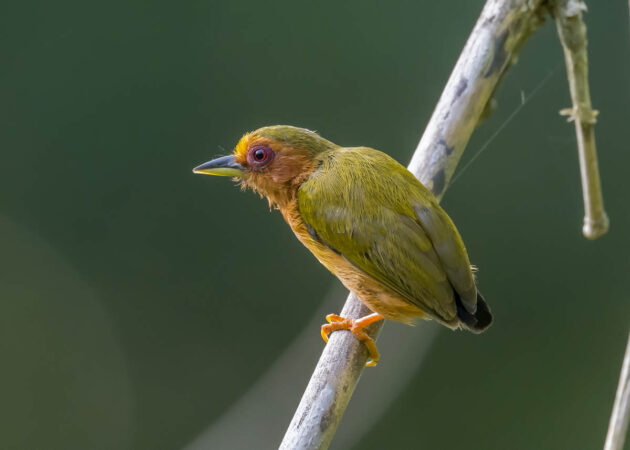
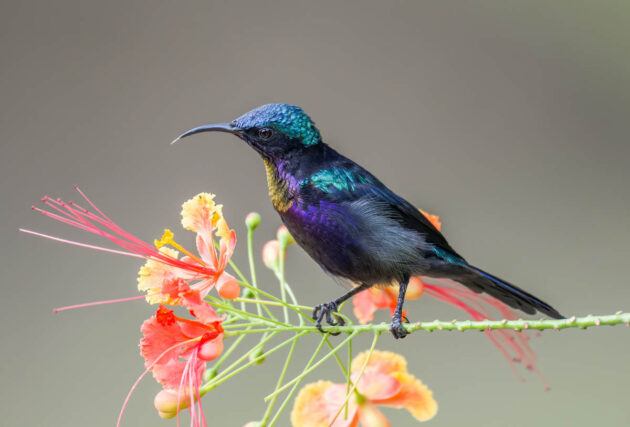
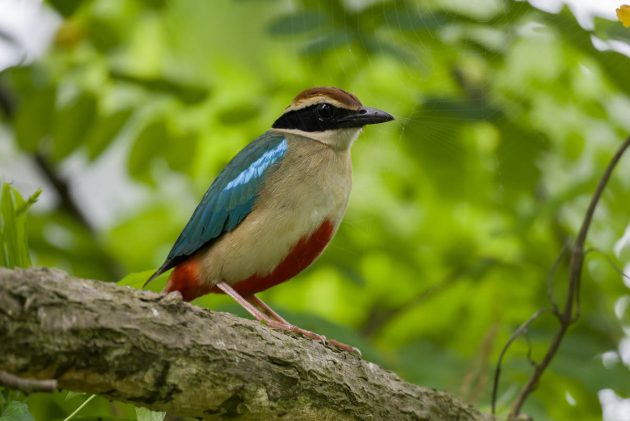
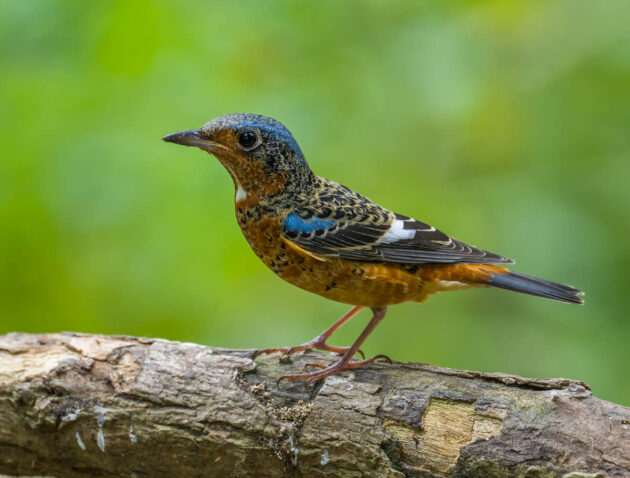
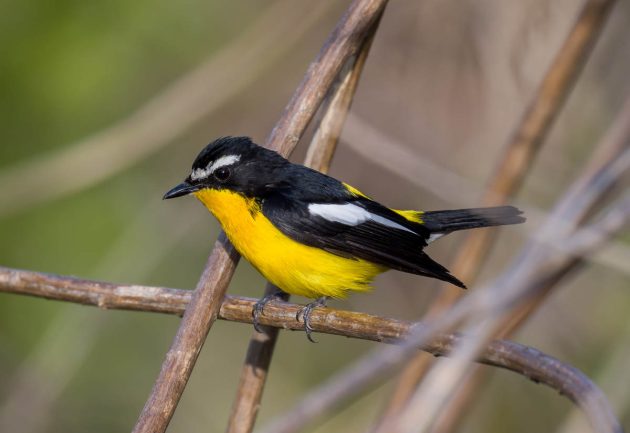
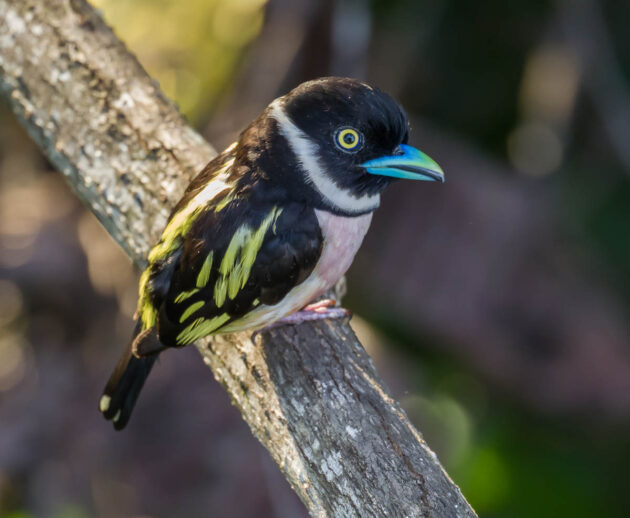
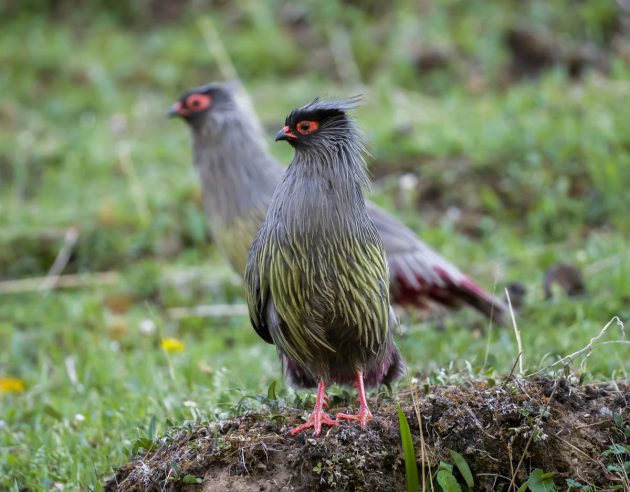
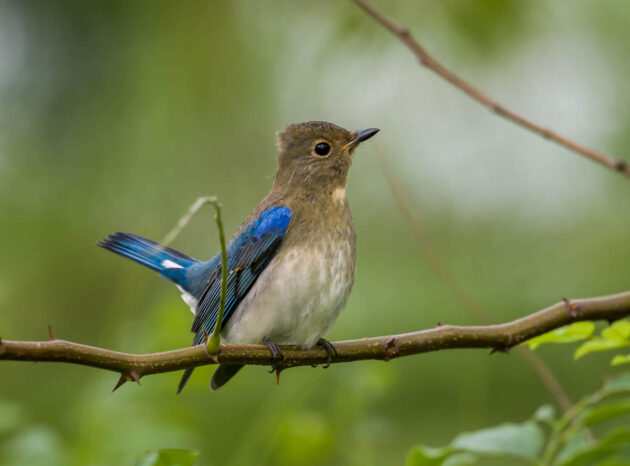
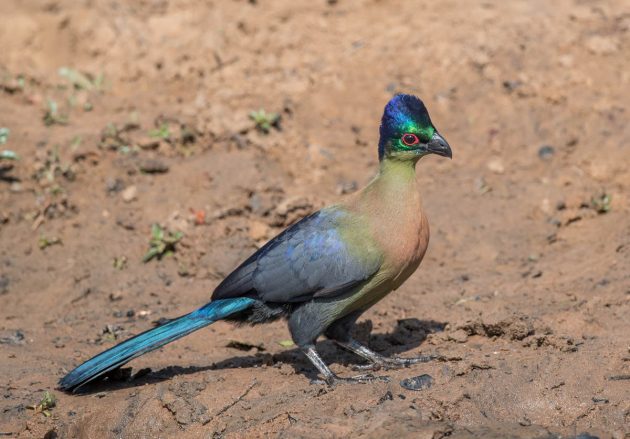
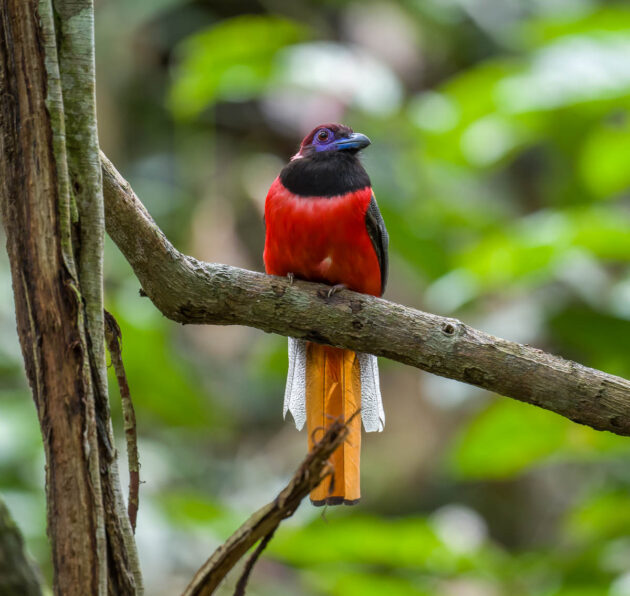
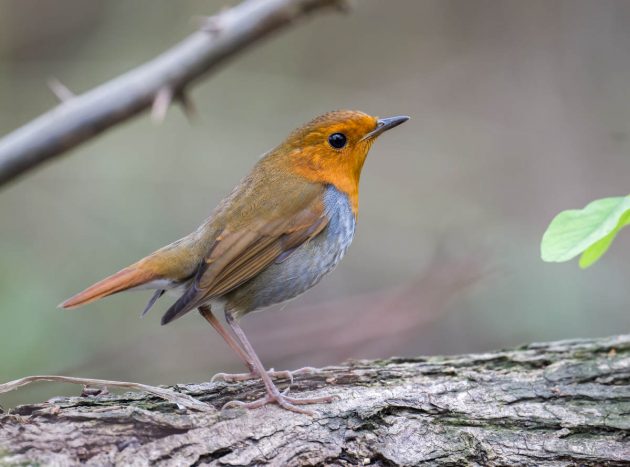
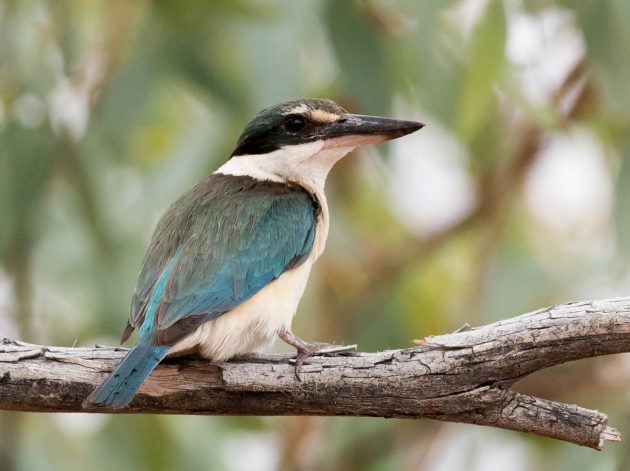
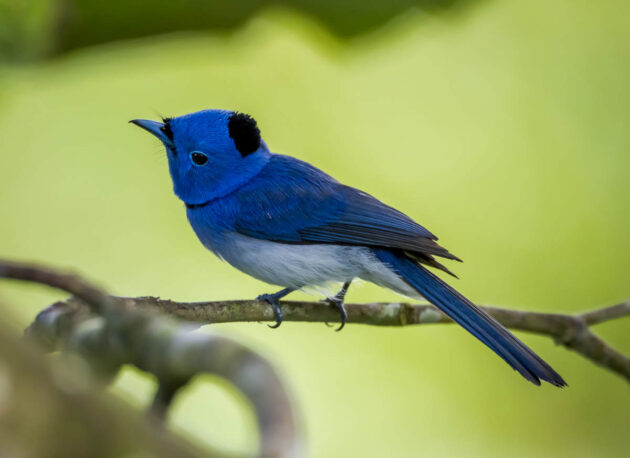
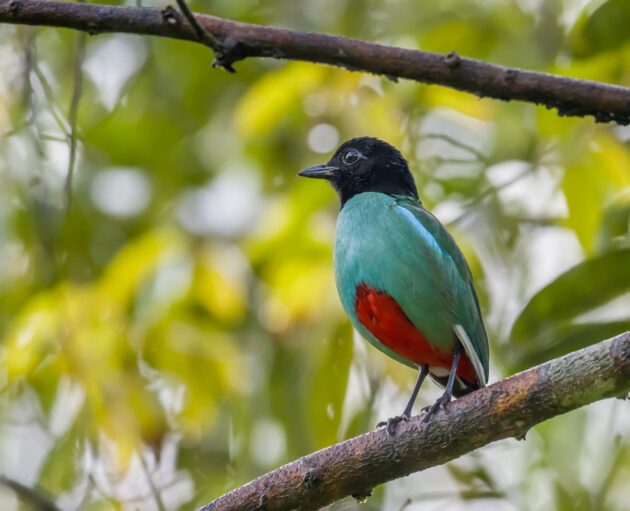
As a shallow-diving Sulid, I have never had desire nor cause to question the spelling and etymological provenance of the word that I have always known as “Jizz.”
It’s almost spring Mike and the Chiff Chaffs are calling. Dust off your binoculars and get outside.
Tomato tomahto. Perhaps it is time to use clearer terminology that doesn’t sound like part of a secret handshake. Birding by impression is in use, and to my mind saves having to stop an explain what you mean by jizz/giss/gizz to a beginning bird enthusiast. How did you know it was a (fill in bird)? By its impression.
I agree with Clare. Birding by impression is the most clear. On the other hand, Pete Dunne uses GISS on the title of his Field Guide Companion which puts some weight behind that. I think birders should probably look up jizz on UrbanDictionary.com before they apply it to everyday conversations. Actually don’t, just take my word for it that most people would think you are talking about something slightly more vulgar than the appearance of a bird.
Is going to keep her mouth tightly shut against giss/jizz/jiss.
*snort*
I’ve always preferred “jizz” as the term for a bird’s overall impression (so much MORE than just shape and size are involved), but I often defer to the use of GISS, just because of people’s sensibilities — but really, it’s too bad that people allow mere strings of letters to be offensive… a punch in the nose is offensive, words are just feeble scratchings on paper, or computer screens, that only have as much power as we are foolish enough to give them!
@Clare – Every hobby or skill has its terminology. There is nothing wrong with this. Birding by impression – to me that sounds like a Muppets routine…
Gonzo “And now, the Chickenhawk. Awwwk! Arrwwk! Areewk!
Statler “I don’t know about chicken hawk, but that sounds a lot like this show.
Waldorf “Oh yeah? How so?”
Statler “It’s a turkey!”
Both “Bwa ha ha ha ha!”
@Drew – If we abandoned every word used in euphemisms English would be reduced down to grunts (actually, not even grunts). You shouldn’t abandon our ornithological routes just because the word has other, cruder, meanings.
@Duncan, that is true enough, but there is no reason we can’t make it clearer and more accessible. And I love the Muppets.
Thirty-five years ago, my good friend (long gone) Tom Davis (Queen, NY) used the word “Jizz” in just such a way. So, that’s what it has been for me. He was such an excellent birder and resource in the region that I would never question such things from him.
@Clare – Clarity and accessibility are both important but I think discrete concepts. In many instance I have had to choose one over the other. For example, the statement “The genus Cettia is not monophyletic”is clear but not accessible to someone unaware of the concept of monophyly. To make it accessible you would need to explain the concept (and probably related concepts) which would sacrifice clarity.
With regards to jizz or birding by impression, whether you use the word or teh phrase you will need to back it up with an explanation. Birding by impression…. by impression of what? You said “and to my mind saves having to stop an explain what you mean by jizz/giss/gizz to a beginning bird enthusiast.” – This is a good conversation to have. It’s a fun part of learning to bird. Why would you not want to have this conversation? To my mind simplifying by saying “by its impression” and then moving on you’re making it sound less approachable.
Regarding the comments discussing the um…slang definition that means something else entirely – pronouncing it as “jizz” might actually benefit the birding world in attracting the younger generation, at the very least, giving youth something to giggle about, tell their friends about, and never, ever forget. See, it could aid in learning!
All good points Duncan. Thank you for the perspective.
I think that Susan’s comment wins the day.
And I won’t ask what you call an image that really gives a good impression of what a bird is like…
Maturity is for suckers.
🙂
I think I remember reading it for the first time (as jizz) in Hawks in Flight, 1988. Either way you spell it, it’s a great technique!
I assume those birders unwilling to sully their mouths with jizz also avoid tits and cocks. Or even the occasional shag.
Only the ones I’m unfamiliar with, Harry.
Why aren’t we using the term gestalt? It means the same thing (plus lends a air of precise german scientific authority!) and you avoid the whole unfortunate connection with other more vulgar terms. To avoid just that I always said gestalt when teaching undergrads in ornithology lab.
I can not identify all birds by GISS (or JIZZ) but, it is useful in eliminating options before one gets to field marks.
I’m an etymological purist, so I don’t like a word (“jizz”) being inaccurately morphed into an acronym (GISS) based on faulty history. That said, I grew up with a coarser meaning for the word (as noted here, above) so I hesitate to use it. Thus I’m going with “gestalt.” Thanks Vince!
Well, I think we should remember that ‘jizz’ is in many places slang for semen.
Just sayin’
I can’t believe that in 2018 there are still people considering using giss/jizz as a technical term for something. “You shouldn’t abandon our ornithological [roots]…”… Uh….. Yeah… You REALLY should in this case hahaha!
I am a young birder, and it’s already hard enough being constantly made fun of for loving birds. The last fuckin thing I need is my buddies talking about how I love bird giss/giz/jizz/whatever.
Go ahead and use whatever term you want, but I sure as hell am not going to talk to my friends about bird giz. I couldn’t even get through the actual article without laughing almost to years because I couldn’t believe this is a term used this way still.
All y’all on ur bullshit.
Some readers may be interested in my exploration of the etymology of jizz: McDonald, D 2016, ‘The etymology of “jizz”, revisited’, Canberra Bird Notes, vol. 41, no. 2, pp. 113-7, http://canberrabirds.org.au/wp-content/uploads/2012/03/CBN_41_2_final-for-web.pdf.